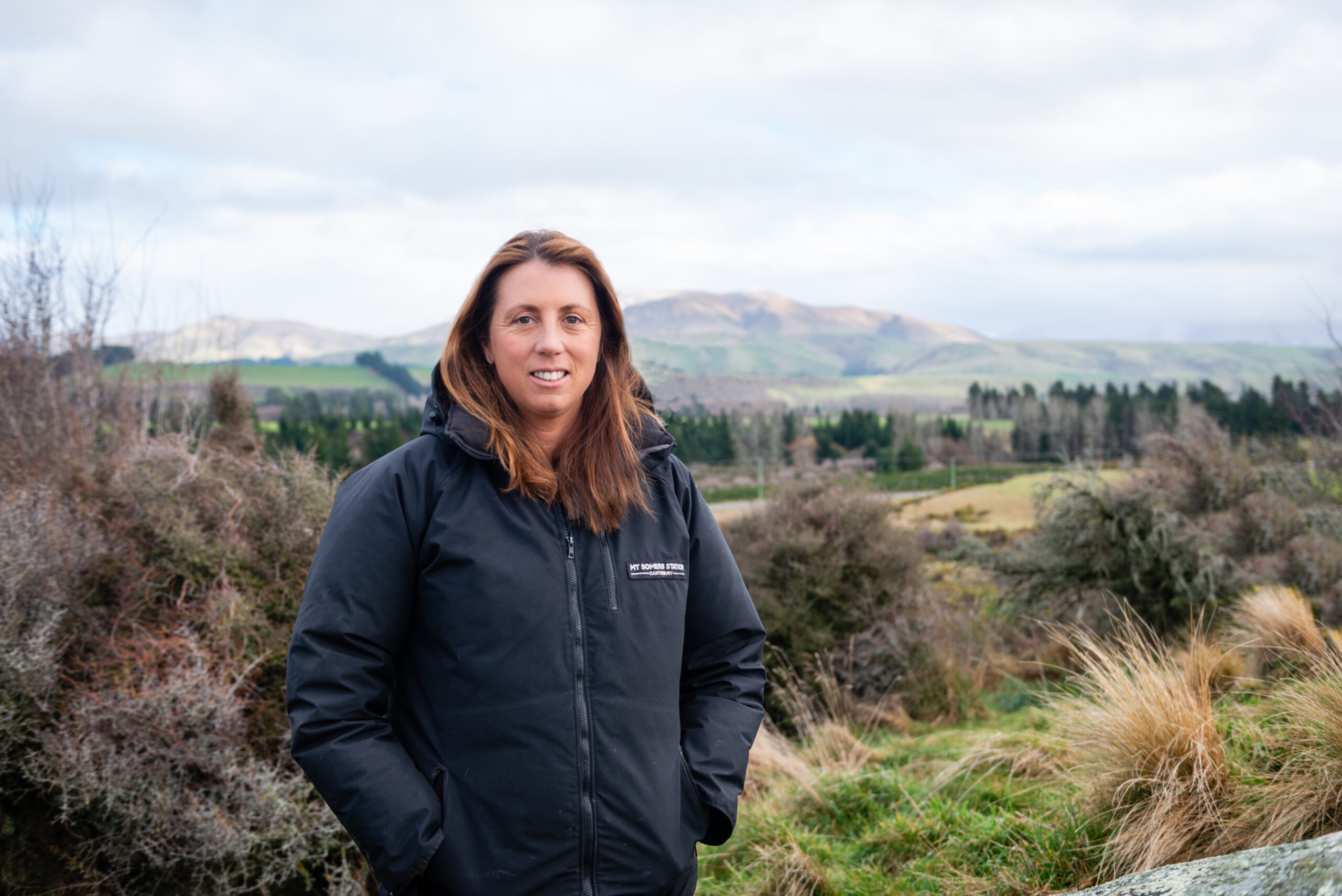Copyright farmersweekly

Reading Time: 3 minutes By Kate Acland. Acland is chair of Beef + Lamb New Zealand. Regulated freshwater farm plans were the brainchild of the previous government. While the current government has promised to make them more practical, we remain concerned. Beef + Lamb New Zealand has long supported integrated farm planning. Done well, it helps farmers manage risk and build value with plans tailored to their needs and completed by farmers themselves. But integrated farm planning is very different from a regulatory farm plan, which brings with it costly and onerous certification and auditing. We know many dairy farmers and their representative organisations support farm plans. Memories of anti-dairy farming campaigns remain fresh, and protecting social licence is understandably a priority. In practice, though, dairy companies often do most of the technical work for their suppliers, removing the burden from farmers. For red meat producers, the situation is very different. Farmers often supply multiple processors, and companies cannot provide the same level of support. In some cases, where farms already require a resource consent to operate, replacing that costly consent process with a fit-for-purpose audited farm plan makes sense. However, regulated farm plans should replace consents, not be added on top of them. But if a farmer is not undertaking a high risk activity that would require a consent, and the farming practices are permitted, the regulatory farm plan framework has to be significantly different. Many farmers, ourselves included, have already chosen to adopt NZFAP+ to take advantage of processor incentives. Anyone who has gone through that audit knows how detailed it is. In practice, our NZFAP+ plan covers requirements for both council and our processor, avoiding duplication. An NZFAP+, GAP or similar certification should also be recognised as equivalent to a regulated farm plan and accepted in its place. At the same time, there are thousands of sheep and beef operations that are largely extensive and low impact, where the costly auditing and certification is just not justified. The level of regulatory effort must reflect environmental risk. The reality is most farmers are already highly attuned to their environmental responsibilities. Our farm, for example, operates under the permitted activity rules in Canterbury. This means we’re not required to hold a resource consent, provided we meet the necessary stock exclusion rules, nutrient limits and keep our winter cropping areas within the thresholds. Environment Canterbury also only requires us to have a plan that is “auditable”, which in practice means we need to have records that demonstrate how we comply to permitted activity rules – but we don’t have to incur the cost of regular outside audits, nor do we require a consultant to complete our plan. This approach has been working well. Most importantly, there are many farms where regulatory farm planning simply cannot be justified: where waterways are absent or stock-excluded, where livestock graze extensively, or where the scale of the operation does not warrant the cost. Let’s ensure that common sense prevails, that the requirement for regulated farm plans is commensurate with the risk those farming operations pose on waterways. Let’s make sure that any instance where a regulated farm plan is appropriate, that farmers can complete the plans themselves if they chose to do so, ensuring ownership and practicality. And above all, we must avoid creating an expensive new industry of certifiers and auditors that adds millions in costs to our sector without delivering real improvements in water quality. The government is currently considering how they will make the system introduced by the previous government more workable. We’re hoping they have listened to farmer feedback and we see something that’s practical, outcomes focused, that takes account of extensive low-risk farming operations, and that ultimately adds value to a farm business rather than just another cost.



